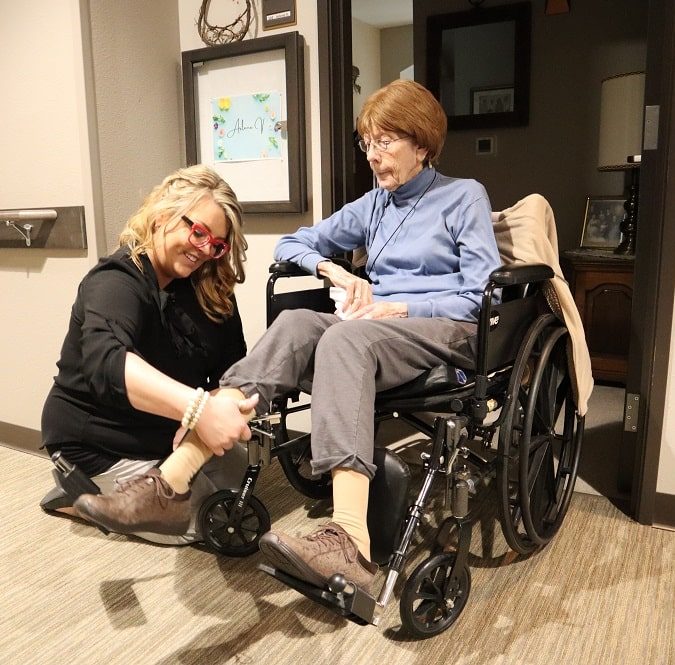In this article, we will explore the importance of long term care homes Barrie for seniors. There are several different types of senior care, including in-home care, nursing homes, Board and care homes, hospice, and specialized in-home care. Let us also look at some of the signs that a senior may need such care.
In-Home Care
Medicare, Medicaid, and private health insurance all pay for medically necessary in-home care services. However, Medicare benefits are usually limited and typically apply to stays after a hospital stay. Private health insurance plans may cover in-home care services, as well, and in New York, Medicaid home care programs offer a wide range of services. Many people purchase private long-term care insurance, which pays for both in-home care and nursing home care.
Home health care can be unskilled or skilled, and includes wound care, administering medications, and monitoring vital signs. It may also include speech-language and occupational therapy services. In-home care is most suitable for elderly or disabled seniors with progressive or chronic conditions requiring constant assistance. For this reason, many seniors who require assistance make in-home care a permanent part of their lifestyle.
Nursing Homes
The government recognizes the importance of nursing homes in maintaining health and safety for elderly and disabled people. As such, it has taken a number of steps to improve these facilities. These initiatives aim to protect vulnerable residents from abuse and neglect, as well as crack down on bad actors. They are also dedicated to ensuring respect for the rights of people with disabilities.
According to AARP, more than half of residents in nursing homes suffer from cognitive impairment or dementia. This means that many of them need assistance with activities. Other nursing home residents have high personal care needs, although they don’t require regular medical attention. However, it is worth noting that in some states, up to twenty percent of nursing home residents had only moderate personal care needs.
Board And Care Homes
Seniors need board and care homes for a variety of reasons. These facilities are ideal for those who need assistance with everyday tasks but don’t necessarily need 24-hour medical care. While they are not the same as nursing homes, board and care homes can provide a high level of personalized care.
While Medicare does not typically pay for board and care, Medicaid does cover the cost for some individuals. Medicaid eligibility varies widely, and can affect the amount of money you have available. Individuals may also be able to use Social Security Income or retirement savings to pay for the costs. However, most people are able to pay for their board and care on their own.
Board and care homes are typically smaller than nursing homes and can be located in residential neighborhoods. They also might offer transportation to healthcare appointments. Both types of facilities have some common characteristics, including a small staff and small numbers of residents. https://www.ask4care.com/barrie/
Hospice
Hospice care facilities provide comprehensive care to those facing the end of life. The team at a hospice facility includes doctors, nurses, home health aides, and spiritual counselors who assist patients and their families in their final days. The hospice team provides social and spiritual support as well as access to community resources. The staff is also staffed with bereavement counselors who offer emotional support to patients and their families.
Inpatient hospice facilities are available in many communities. These facilities are operated by hospice agencies that also provide in-home care, or they may be independent, standalone hospices. These facilities can be useful for patients who need 24-hour physical care or who are unable to care for themselves at home. Some inpatient hospice facilities also provide respite care for caregivers.
In-Home Care Options
For many families, the cost of in-home care for elderly relatives can be prohibitive. Fortunately, there are many different ways to pay for this type of care. Private health insurance, pensions, and long-term care insurance can all be used to cover the costs. In-home care may also be covered by Social Security benefits. Medicaid also allows you to pay for care in a home, but spending down assets is essential to qualify. Sometimes, however, medical conditions, a recent illness, or just aging itself make it difficult for a senior to live alone. In these cases, in-home care is a great option. In-home care can provide supervision and assistance so that your loved one can live comfortably and safely. Oftentimes, families worry about the cost of in-home care, so they explore their options.

